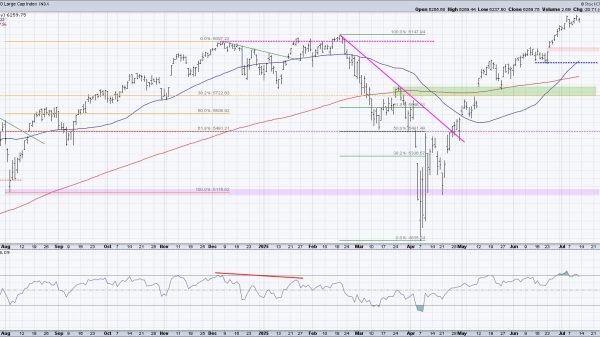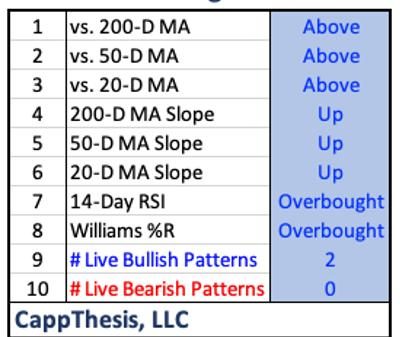Japan’s Major Pay Rise Since 2013: A Turn for Growth
Quick Look
Japan’s largest industrial union announces the most substantial pay rise since 2013 for over 230 firms. Major manufacturers like Toyota, Panasonic, Nippon Steel, and Nissan fully meet union demands. UA Zensen reports a 5.9% wage increase for full-time workers and a 6.5% hike for part-timers. Anticipation grows around the Bank of Japan, possibly ending negative interest rates. Investors challenge BOJ’s bond yield cap, indicating a shift in economic strategies.Japan’s largest industrial union, the UA Zensen, reported a notable increase in wage offers from 231 firms, marking the most significant pay rise since 2013. This growth signifies a broadening of wage hikes, affecting both full-time and part-time employees. The development follows the agreement by Japan’s leading manufacturers, including giants like Toyota Motor, Panasonic, Nippon Steel, and Nissan, to fully satisfy union demands for pay increases in this year’s wage discussions. This collective move underscores a significant shift towards enhancing workers’ compensation, reflecting a robust push for economic growth.
The Role of UA Zensen and the Path to Economic Stability
Established in 2012, the UA Zensen represents over 2,237 unions and 1.8 million workers. This year, it announced a weighted average 5.9% wage increase for full-time workers and a 6.5% hike for part-time employees. Strong wage growth is vital for fostering sustainable and stable inflation, a key goal for the Japanese economy. As the Bank of Japan considers lifting negative interest rates at its upcoming policy-setting meeting, the focus on wage increases aligns with broader economic objectives. This shift towards higher wages, especially in base pay, aims to elevate the wage curve. It also influencing retirement bonuses and pension payments, and marks a departure from the decades-long stagnation that followed the asset bubble burst in the early 1990s.
Japan Economic Implications and Investor Response
The significant wage hikes signal a turning point in Japan’s economic strategies. Last year, Japanese firms offered the highest wage increases in 30 years, which has set a new precedent for labour negotiations. For the second consecutive year, UA Zensen’s pay demands have surpassed those of Rengo, Japan’s largest trade union confederation.
This bold stance has implications for workers and shapes the economic landscape. It also influencing investor strategies and the Bank of Japan’s policy decisions. Over the past eight months, investors have actively contested the BOJ’s bond yield cap, engaging in short-selling to push yields above the limit. This resistance prompts the central bank to adjust borrowing costs. It indicating a dynamic interplay between labour market developments and monetary policy.
As Japan stands on the brink of potentially ending negative interest rates, the concerted effort by unions and firms to negotiate higher wages could herald a new era of economic growth and stability. With the backdrop of global economic uncertainties, Japan’s commitment to enhancing worker compensation and stimulating inflation showcases a proactive approach to addressing long-standing economic challenges.
The post Japan’s Major Pay Rise Since 2013: A Turn for Growth appeared first on FinanceBrokerage.
























